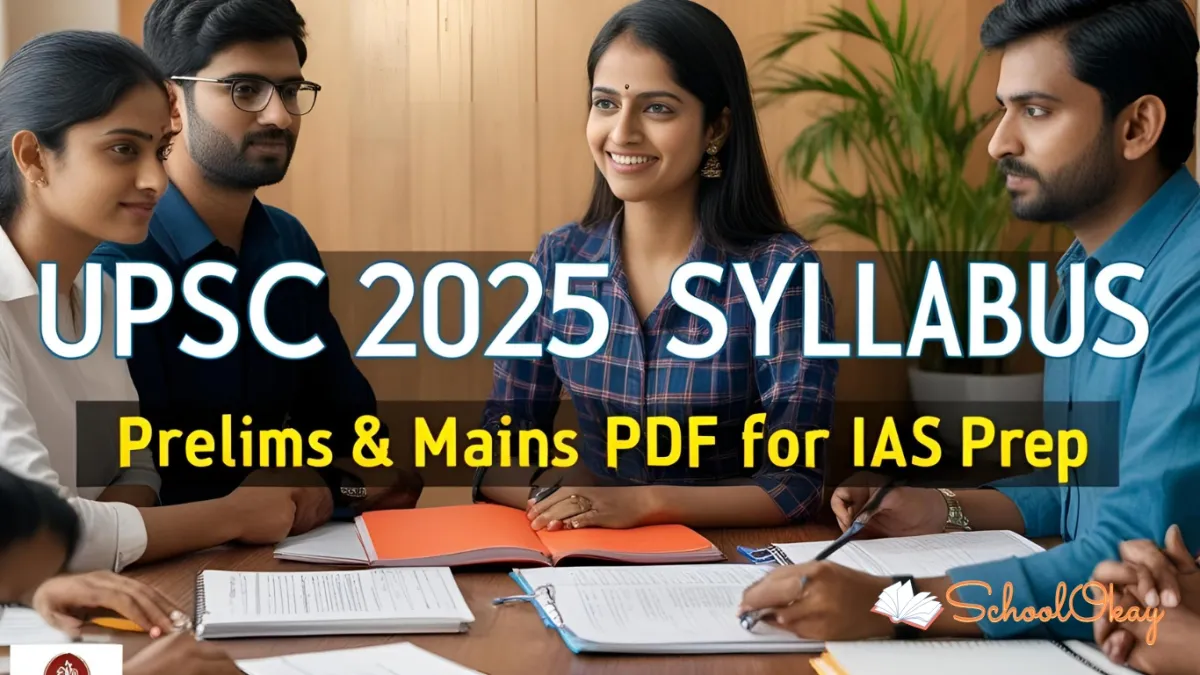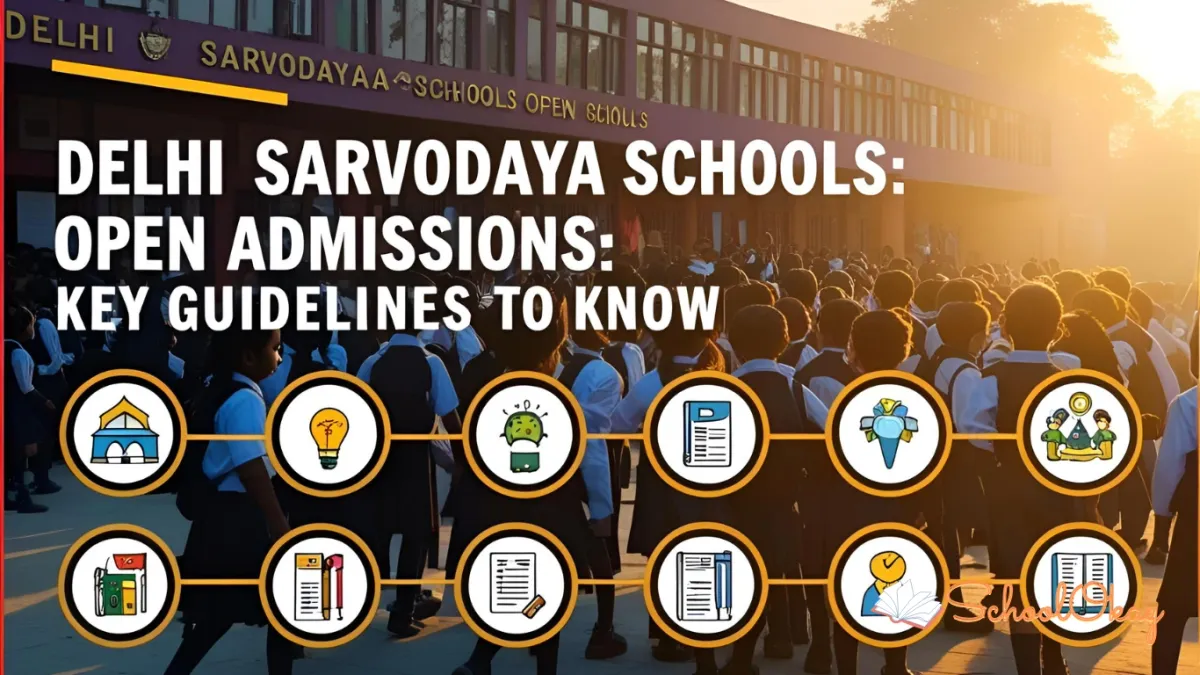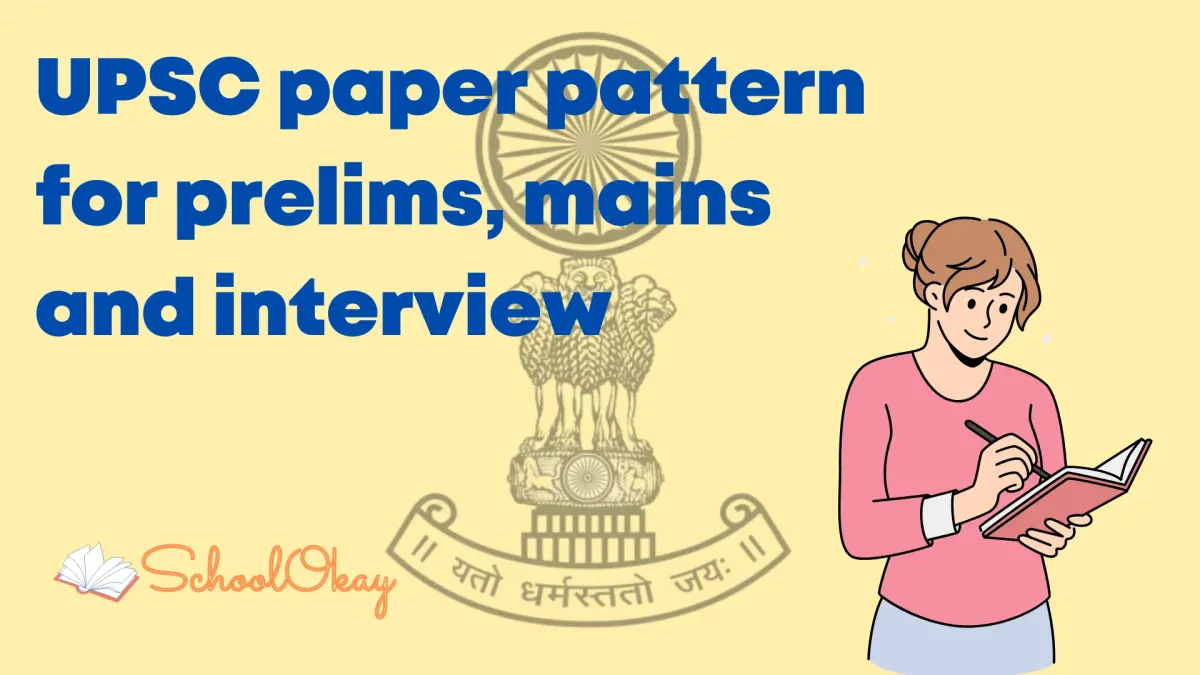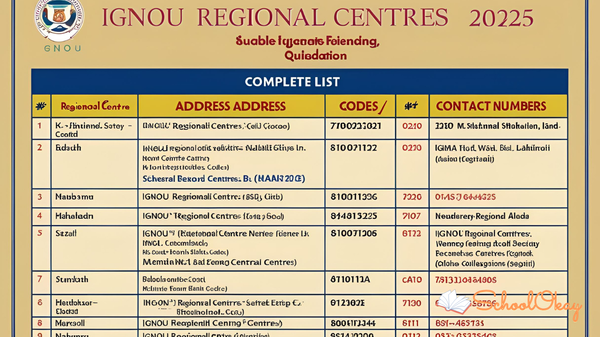UPSC 2025 Syllabus: Download Prelims & Mains PDF for IAS Prep" Explain UPSC exam structure IAS preparation tips
The syllabus is your roadmap, and I’m here to break it down in a way that’s real, no fluff. Whether you’re just starting or deep in the grind,

Yo, what’s good, fam? If you’re gunning for the UPSC Civil Services Exam in 2025, you already know it’s a beast. The syllabus is your roadmap, and I’m here to break it down in a way that’s real, no fluff. Whether you’re just starting or deep in the grind, the UPSC 2025 syllabus for Prelims and Mains is what you need to lock in on. Let’s dive into the deets, keep it chill, and make sure you’ve got the links to grab those PDFs. This is gonna be your guide to crushing it, all in under 1000 words.UPSC 2025:
The Big PictureThe UPSC Civil Services Exam (CSE) is the ultimate test for snagging gigs like IAS, IPS, IFS—you name it. It’s got three stages: Prelims, Mains, and the Interview (Personality Test). Prelims is scheduled for May 25, 2025, and Mains kicks off October 22, 2025, per the UPSC Calendar.
The syllabus hasn’t changed much from recent years, so you’re working with a stable playbook. You can download the official syllabus PDFs from the UPSC website, upsc.gov.in, under the 2025 notification released January 22, 2025.
Let’s unpack what you’re dealing with.
Prelims: The First Hurdle Prelims is your entry ticket—two papers, both objective- and it’s all about screening for Mains. Total marks? 400 (200 for each paper).
Here’s the vibe: General Studies Paper 1 (GS 1)This is the heavy hitter, and its marks count toward getting you to Mains. You’ve got 100 multiple-choice questions, 2 hours, and a ton of ground to cover. The topics? Buckle up:
- Current Events: National and international news—think headlines from The Hindu or Indian Express.
- History: Indian National Movement, ancient to modern India. Know your freedom fighters and Mughal vibes.
- Geography: Physical, social, economic—India and the world. Maps are your best friend.
- Polity: Constitution, governance, Panchayati Raj, rights issues. Brush up on those Articles.
- Economy: Sustainable development, poverty, inclusion, social sector schemes.
- Environment: Ecology, biodiversity, climate change. No deep specialization is needed, just the basics.
- General Science: Class X-level stuff, plus some science-tech updates.
Pro tip: GS 1 has negative marking (0.66 per wrong answer), so don’t guess blindly. Practice past papers to get the flow. You can snag the syllabus PDF here from the UPSC site. General Studies Paper 2 (CSAT)CSAT is qualifying—you need 33% (66 marks) to clear it, but it doesn’t add to your merit. It’s 80 questions, 200 marks, and 2 hours.
What’s on it?
- Comprehension: Reading passages and answering questions.
- Logical Reasoning: Analytical puzzles to flex your brain.
- Basic Numeracy: Numbers, data interpretation (charts, graphs), Class X level.
- Decision-Making: Situational questions, no negative marks here.
CSAT can trip you up if you slack off on practice. Hit up mock tests and brush up on mental math. The syllabus is in the same UPSC PDF linked above.
Mains: Where You Go DeepClear Prelims?
Congrats, you’re in the big leagues. Mains is descriptive, with 9 papers over 5 days, totaling 1750 marks for merit (plus 275 for the Interview). It’s all about depth and how well you can articulate. Here’s the breakdown: Qualifying Papers (300 Marks Each)These don’t count for ranking, but you need 25% (75 marks) to pass:
- Paper A: Pick an Indian language from the Eighth Schedule (think Hindi, Tamil, etc.). Tests your script and basic writing. Assamese, Bengali, and others are options—full list in the UPSC notification.
- Paper B: English. Similar deal—comprehension, essay, grammar, Matriculation level.
Both are chill if you’ve got a decent grip on the language. Check the details in the main syllabus PDF here. Merit Papers These are the ones that make or break your rank:
- Essay Paper (250 marks): Write two essays, picking from multiple topics. It could be current issues, philosophy, or socio-economic stuff. No fixed syllabus, so practice structuring clear, concise arguments.
- General Studies 1 (250 marks): Indian heritage, culture, history, geography, society. Think art forms, freedom struggle, world history, urbanization, and climate patterns.
- General Studies 2 (250 marks): Polity, governance, international relations. Constitution, social justice, global orgs like the UN, and India’s foreign policy.
- General Studies 3 (250 marks): Economy, tech, environment, security. Covers agriculture, disaster management, cyber issues, and green policies.
- General Studies 4 (250 marks): Ethics, integrity, aptitude. Case studies on moral dilemmas, emotional intelligence, and public service values.
- Optional Subject Paper 1 & 2 (250 marks each): Pick one subject—Anthropology, Sociology, Public Admin, Literature, you name it.
- The full list is here.
- Go with what you vibe with or know from your degree.
Each paper is 3 hours, and you can write in English or any Eighth Schedule language (except language papers). Blind or locomotor-disabled candidates get 20 extra minutes per hour. The Mains syllabus is meaty, so map it out with the PDF link above.
Interview: The Final Flex
If you ace Mains, you’re at the Personality Test (275 marks). No syllabus here—it’s about your vibe, your confidence, and how you handle curveballs. The board grills you on your Detailed Application Form (DAF), current affairs, and your take on life. Total marks (Mains + Interview) = 2025, and that’s what sets the final merit list.Prep Game Plan
- Know the Syllabus: Download the PDFs for Prelims and Mains from upsc.gov.in. Pin it to your wall or phone.
- Study Smart: Break it into chunks—GS topics daily, CSAT practice weekly. NCERTs for basics, then hit standard books like Laxmikanth for Polity or Spectrum for History.
- Current Affairs: Read The Hindu, Yojana, or PIB daily. Connect news to syllabus topics.
- Mock Tests: Practice Prelims MCQs and Mains answer writing. Time yourself.
- Revision: Revisit notes regularly—don’t just pile on new info.
- Optional Choice: Pick based on interest and resources, not trends. Check past toppers’ strategies on jagranjosh.com.
Don’t Sleep On This The UPSC 2025 syllabus is vast but doable if you stay focused. Start early, like now, and build a routine. Prelims needs breadth, Mains needs depth, and the Interview needs you to be real. Grab those PDFs from upsc.gov.in, and don’t fall for fake coaching promises—stick to the official stuff.
That’s the tea, fam. You got this. Hit the books, stay consistent, and let’s see you on that final merit list. Peace out!
Sources: UPSC official website, jagranjosh.com, vajiramandravi.com
Here are other articles you must read:



Thanks for supporting our work by sharing with more students.








